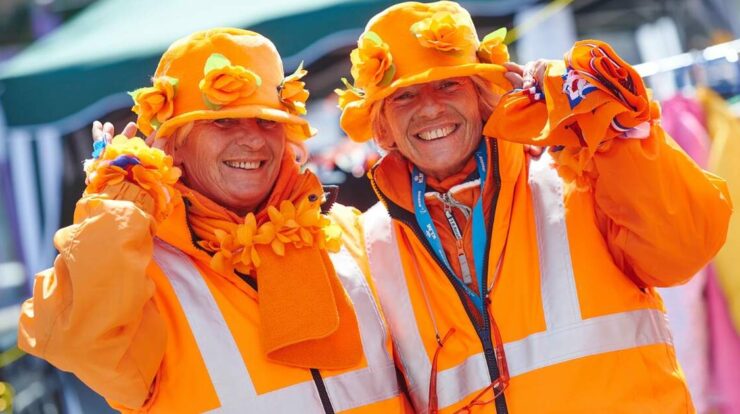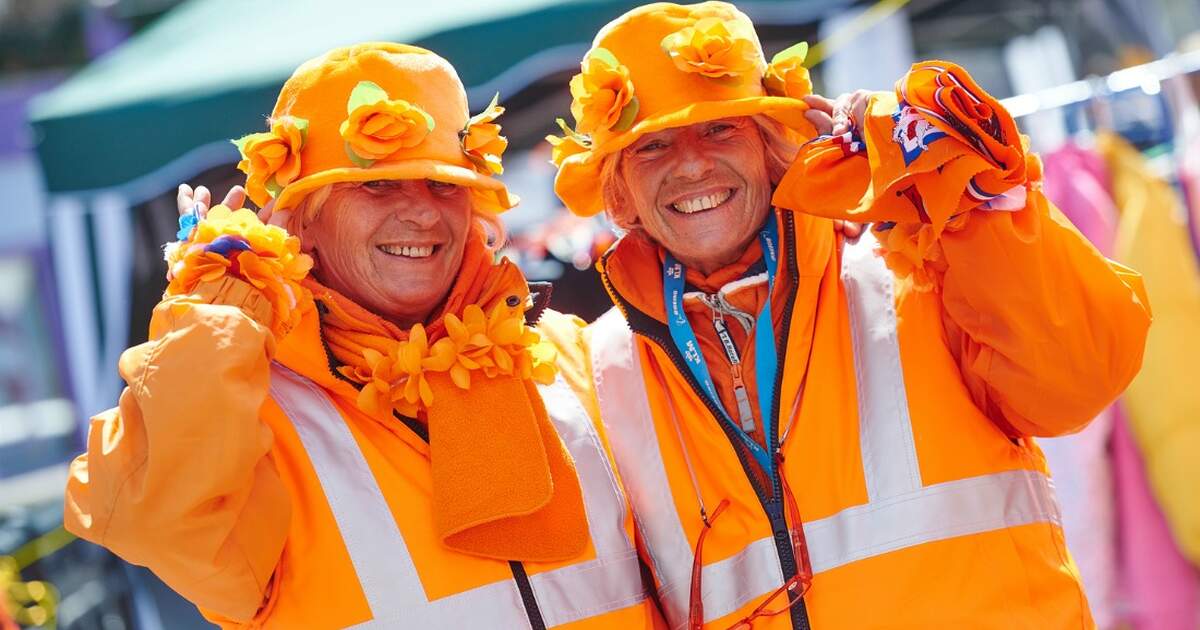
What is Kings Day? It’s a vibrant and beloved holiday celebrated annually in the Netherlands, steeped in rich history, cherished traditions, and a deep sense of national pride. This captivating festival commemorates the birth of King Willem-Alexander and serves as a testament to the enduring spirit of Dutch culture.
On this special day, the streets of Dutch cities and towns transform into a kaleidoscope of orange, the national color, as locals don their finest attire and take to the streets to partake in a myriad of festivities. From lively parades and bustling markets to traditional games and delectable treats, Kings Day offers a unique blend of history, revelry, and community spirit.
Historical Significance of Kings Day
Kings Day, a national holiday in the Netherlands, has its roots in the 19th century. It commemorates the birth of King Willem I, who ascended to the throne in 1813. Initially known as “Prince’s Day,” the holiday was renamed in 1948 to honor Queen Juliana, who was born on April 30. The holiday holds both cultural and religious significance, as it marks the end of winter and the beginning of spring.
Traditional Customs and Celebrations
On Kings Day, Dutch people celebrate with a variety of traditional customs. Gift-giving is a common practice, with children receiving presents and sweets. Parades featuring floats, music, and costumes are held in cities and towns throughout the country. Traditional foods such as “oliebollen” (oily balls) and “poffertjes” (mini pancakes) are enjoyed during the festivities.
These customs symbolize the arrival of spring and the renewal of life.
Regional Variations and Celebrations, What is kings day
Kings Day is celebrated differently in various regions of the Netherlands. In Amsterdam, the capital city, the canals are filled with boats decorated in orange, the national color. In Utrecht, the celebration includes a large flea market, where people sell their used goods.
In Maastricht, the holiday is marked by a parade featuring traditional costumes and music. These regional variations reflect the diverse cultural heritage of the Netherlands.
Cultural Impact and Significance
Kings Day plays a significant role in Dutch society, promoting unity, tradition, and national identity. It is a day when people come together to celebrate their shared history and culture. The holiday also contributes to the economy, as it attracts tourists and generates revenue for local businesses.
Modern Adaptations and Evolution: What Is Kings Day
Kings Day has evolved over time to reflect changing social norms and technological advancements. In recent years, social media has played a significant role in the celebration, with people sharing photos and videos of their experiences. Online marketplaces have also emerged, allowing people to sell and buy used goods during the holiday.
These adaptations have helped Kings Day remain relevant and popular in the 21st century.
Closing Summary

Kings Day stands as a beacon of Dutch heritage, fostering a sense of unity and national identity. It’s a day where the past meets the present, where tradition intertwines with modernity, and where the bonds of community are strengthened. As the sun sets on this joyous celebration, it leaves behind a legacy of cherished memories and a renewed appreciation for the rich tapestry of Dutch culture.
Key Questions Answered
When is Kings Day celebrated?
Kings Day is celebrated on April 27th each year, or on April 26th if the 27th falls on a Sunday.
What is the significance of the color orange on Kings Day?
Orange is the national color of the Netherlands and is associated with the royal family, particularly the House of Orange-Nassau.
What are some traditional activities associated with Kings Day?
Traditional activities include flea markets, parades, music festivals, and special foods such as “oranjebitter” (orange liqueur) and “tompoes” (puff pastry filled with whipped cream).





